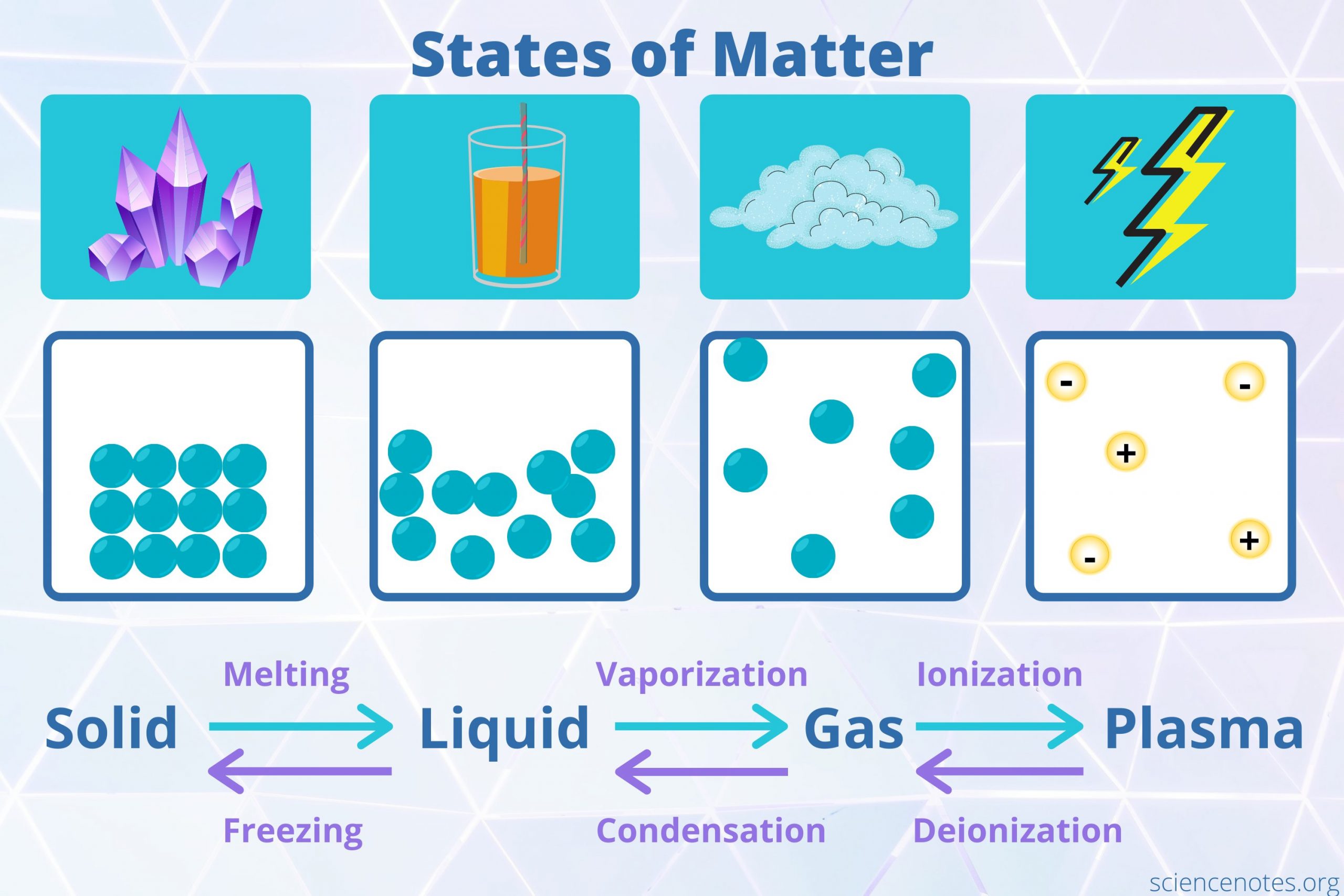In the vast expanse of philosophical inquiry and scientific investigation lies a provocative proposition: could matter merely be a phase transition of quantum energy? This question, while seemingly abstract, prompts a deeper examination of the foundational tenets of physics, particularly the nature of matter, energy, and the intricate tapestry that binds them. To venture into this realm is to traverse the borderlands of physics, philosophy, and metaphysics.
At the outset, it is imperative to delineate the concepts of matter and energy. Matter, in its classical definition, represents substances that occupy space and possess mass. In contrast, energy is often perceived as the latent potential for work; it exists in various forms, such as thermal, kinetic, and electromagnetic. The prevailing notion in modern physics, as encapsulated by Einstein’s renowned equation E=mc², underscores the interchangeable nature of mass and energy. This interplay leads us to ponder the very essence of matter: is it merely a tangible manifestation of underlying quantum energy?
To engage with this inquiry, one might draw upon the principles of quantum mechanics, where particles exhibit dual characteristics, behaving as both particles and waves. Quantum field theory asserts that what we perceive as particles are excitations in underlying fields that permeate the universe. Herein lies a captivating possibility: could different states of matter—solid, liquid, gas—be understood as various manifestations of quantum energy interacting with these fields under specific conditions?
Phase transitions serve as a seminal concept across various disciplines, such as thermodynamics and statistical mechanics. They describe how substances can transition between different states—ice melting to water, water vaporizing into steam—during alterations in temperature and pressure. The critical point of a phase transition, characterized by the unique conditions at which a substance transitions, mirrors the enigmatic boundary where energy and matter might perceive overlap. This analogy invites contemplation: does matter itself undergo transitions akin to those observed in classical systems during alterations in quantum conditions?
Philosophically, this inquiry has far-reaching implications. If matter is indeed an ephemeral phase of quantum energy, one must grapple with the consequences for our understanding of reality. What becomes of our conception of solidity, permanence, and identity? Such skepticism invites a closer exploration of ontological perspectives. Do we live in a universe steeped in flux, where the material world is but a fleeting whisper of a more profound underlying quantum dance?
Furthermore, this proposition challenges the rigidity of the classical worldview. Traditionally, matter has been lauded as the bedrock of existence, while energy is often treated as a secondary or derivative characteristic. Reframing matter as a phase transition engenders a new lens: what if the universe is fundamentally energetic, and all experience of matter arises from our interactions with underlying quantum fields? This perspective not only challenges conventional paradigms but also calls into question long-held philosophical tenets regarding existence and substance.
Indulging in this abstraction, one might ponder the implications for consciousness. If consciousness itself is a quantum phenomenon, a manifestation of the intricate web of energy exchanges, how does that interact with our material perceptions? In this context, the brain—often viewed as a biological organ—might also hint at a quantum process, where the interactions between neural pathways are part of a greater quantum entanglement. Should we consider that our thoughts and perceptions are also phase transitions of energy, translating abstract quantum fields into meaningful experiences?
This thought experiment raises further questions: can we manipulate the energy states of matter to access higher realms of understanding? Can advancements in quantum technology illuminate pathways to harness foundational energy more effectively? Investigations into quantum computing, for instance, hint at a tantalizing future where the conventional limitations of computation could be surpassed by encoding information in the energetic states themselves. Therefore, we may find ourselves not only as passengers of our material world but as participants in the grand choreography of quantum reality.
Despite the allure of this hypothesis, challenges abound. Skeptics might argue that the conceptual leap from quantum energy to matter feels unwieldy, verging on the metaphysical. The empirical evidence surrounding quantum phenomena may lend credibility to the transformative potential of matter, yet proving a direct equivalence remains daunting. As the primary scientific methodologies lean heavily on measurement and observation of phenomena, establishing a cohesive link between energy phases and material existence pushes the boundaries of current scientific inquiry.
Thus, as we navigate this philosophical and scientific landscape, the nuance of language becomes crucial. Terminology steeped in quantum mechanics, such as decoherence and superposition, must be employed judiciously. Engaging with these concepts requires a robust appreciation of both scientific rigor and philosophical nuance. Additionally, one must consider the implications of consciousness and human perception in shaping our understanding of reality, suggesting an interconnectedness between the observer and the observed that both physicists and philosophers have pondered since time immemorial.
As we conclude this exploration, it remains evident that the question “Is matter just a phase transition of quantum energy?” is not merely an academic exercise but a profound inquiry into the very nature of reality. It challenges us to reconsider our ontology and epistemology, urging a synthesis of ideas that transcend disciplinary boundaries. Whether matter is a mere phase or a substantial reality will likely remain debated as we continue to unveil the mysteries of the quantum realm. However, it is within this dialogue that a richer, more comprehensive understanding of our universe may emerge, one that embraces the complexities of existence and the interplay between the material and the ephemeral.








